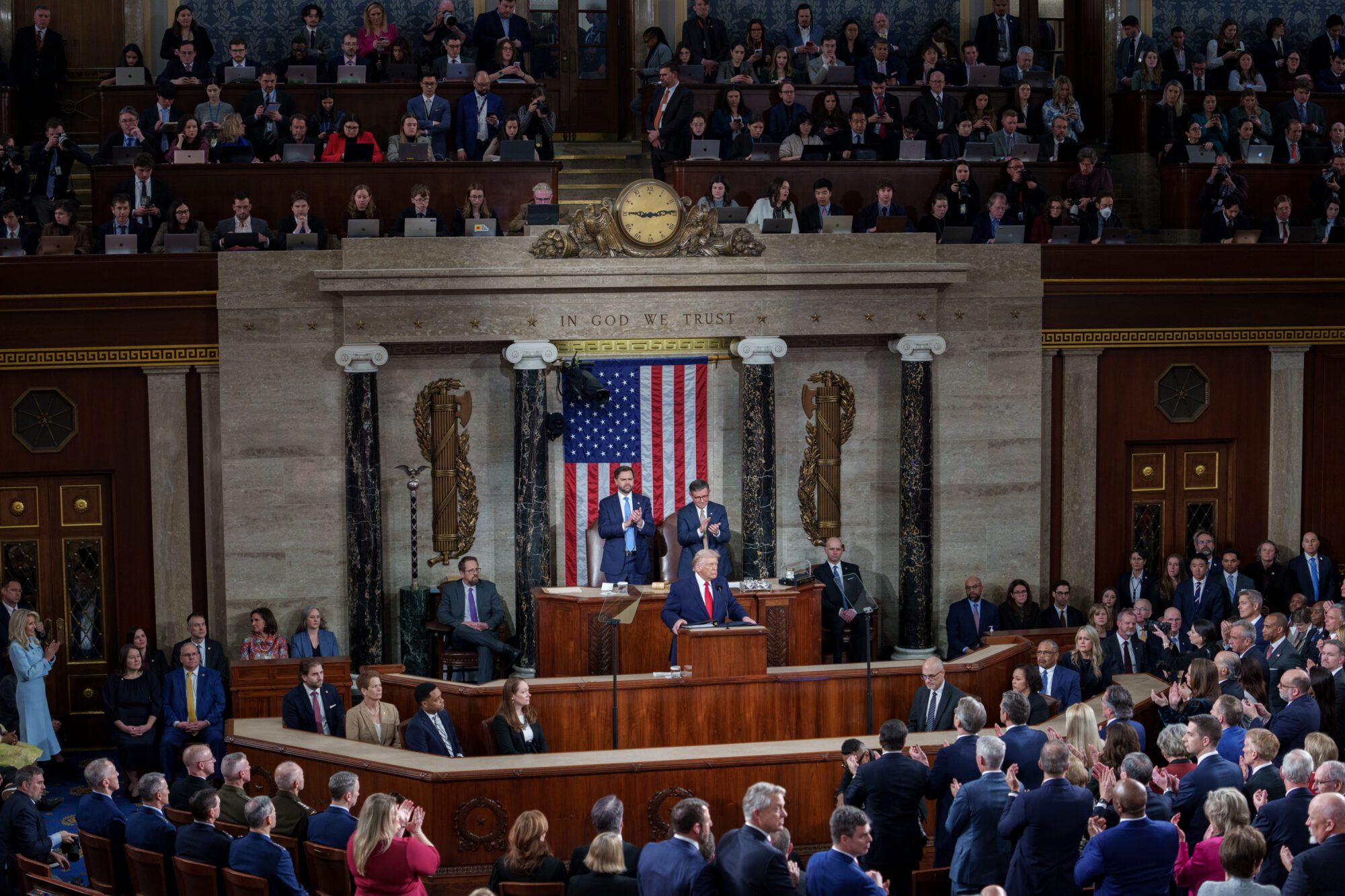
A deal between Republicans and Democrats in the U.S. Senate and House was reached after midnight to provide a nearly $2 trillion coronavirus relief package that will include both individual and business assistance to Americans while also providing funding for hospitals and emergency responders, among other things.
Specifics of the agreement have not been made available at the time of this article.
In addition, the White House has signaled $4 trillion in liquidity from the Federal Reserve, bringing the entire relief effort to $6 trillion.
To put that in perspective, the annual budget for the United States is approximately $4 trillion, meaning this package in total exceeds annual federal government spending by $2 trillion. It is an unprecedented step to inject dollars and security into an economy that is on the brink as the government has been forced to take steps to stem the tide of this viral spread.
Negotiations in the Senate broke down Sunday heading into a Monday vote on the package after House Speaker Nancy Pelosi (D) sought ways to expand the bipartisan aid measure to add provisions related to Democrats’ policy positions that were largely unrelated to the pandemic response.
Senate Majority Leader Mitch McConnell (R) has said the Senate will meet at noon on Wednesday, but did not set a time for a vote. A procedural vote to begin debate on the coronavirus package could happen later today. Unanimous consent could be sought to advance the bill without further delays in both chambers but if one member objects that procedure dies.
“Democrats are finally taking ‘yes’ for an answer,” McConnell said in his remarks on the Senate floor early Wednesday morning.
Both Mississippi Senators – Roger Wicker and Cindy Hyde-Smith – are expected to support the relief package, as well as all four of the state’s Congressmen.











